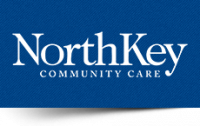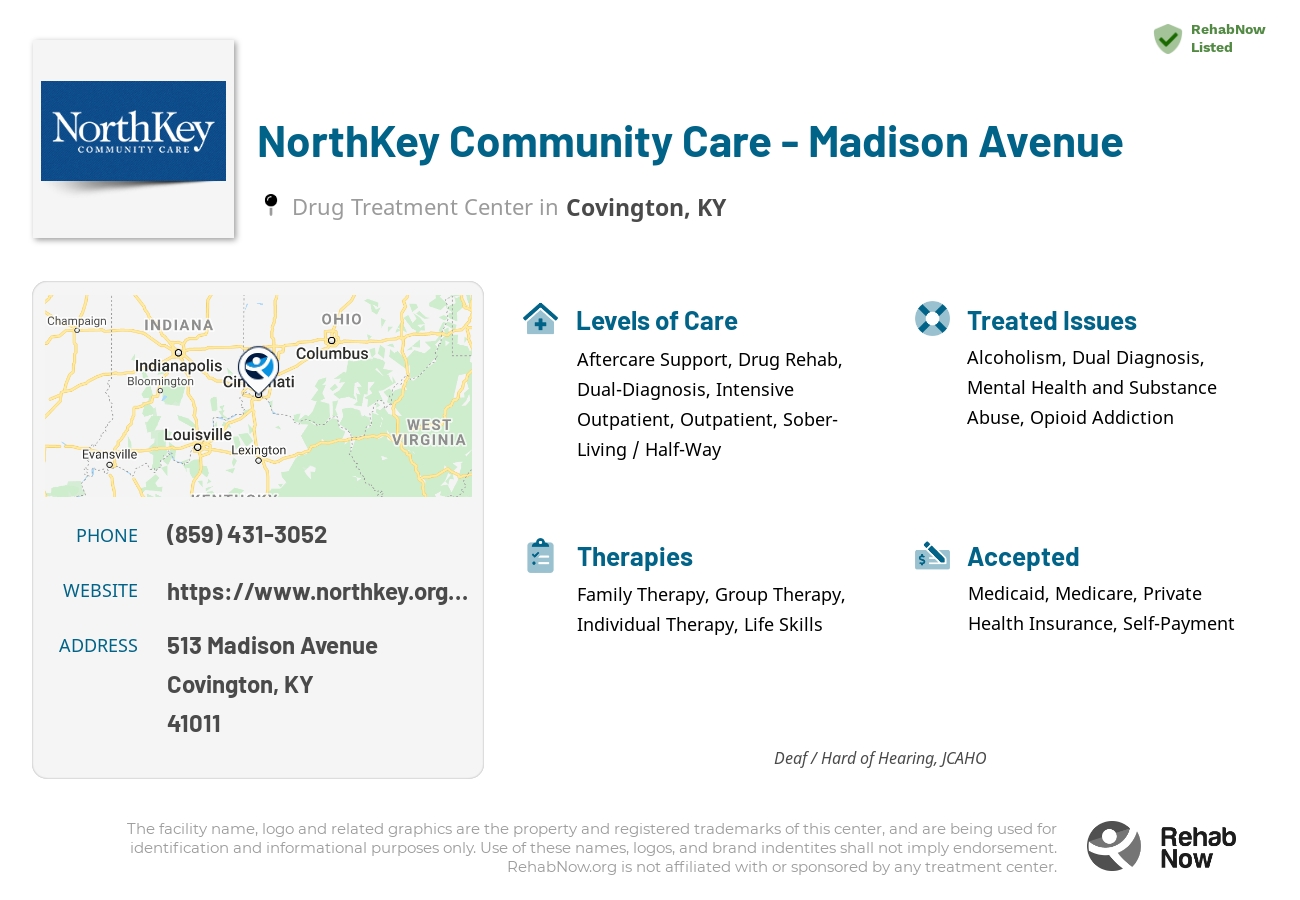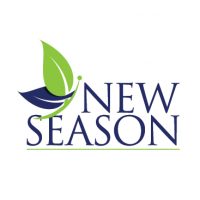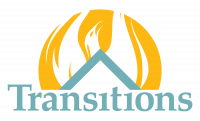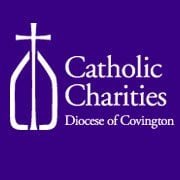NorthKey Community Care - Madison Avenue
Drug Rehab Center in Covington, Kentucky
NorthKey Community Care - Madison Avenue in Covington, KY is a fully accredited addiction treatment facility that provides comprehensive services, including aftercare support, drug rehab, intensive outpatient and residential care, and half-way services, with a team of certified specialists tailoring care plans to each patient's needs.
About NorthKey Community Care - Madison Avenue in Kentucky
NorthKey Community Care - Madison Avenue is a premier addiction treatment facility in Covington, KY that has been treating patients with alcohol, dual diagnosis, opioid addiction, and other forms of drug addiction and substance abuse since 1966. They offer a comprehensive range of services, from aftercare support and drug rehab to intensive outpatient and residential levels of care, as well as sober-living and half-way services. The team of certified specialists closely monitors progress and tailors their care plans to best meet the needs of each patient. NorthKey Community Care - Madison Avenue is fully accredited by the Joint Commission on Accreditation of Healthcare Organizations (JCAHO) and accepts a wide variety of private health insurances.
NorthKey Community Care - Madison Avenue offers a comprehensive range of services to help their patients break the cycle of addiction and lead a healthy, happy life. From individual and group counseling to relapse prevention and life skills, their team of experienced counselors provides individualized care and support each step of the way. In addition, they offer medication management during detox and withdrawal, and integrate evidence-based therapies such as cognitive behavioral therapy and dialectical behavior therapy to reduce cravings and restore healthy habits. NorthKey Community Care - Madison Avenue also works with each patient to develop a long-term care plan to ensure success in recovery.
Genders
Ages
Modality
Additional
Accreditations

JCAHO
Conditions and Issues Treated
Many people who struggle with opioid addiction need to attend specific programs like methadone , Suboxone or Vivitrol clinics.
These types of programs will provide the patient with legal, prescription medications that can help them overcome their cravings for illegal opioids like heroin or fentanyl . If the patient has a chronic condition like Hepatitis C, they must undergo treatment before they can begin taking these medications.
Dual Diagnosis is a specific relationship between two or more disorders that have the same symptoms and can sometimes be treated together. This is used in the treatment planning process when dealing with drug addicts. Dual diagnosis can be viewed as a chronic medical condition that has comorbid psychiatric disorders.
Although addiction and a mental illness may have separate symptoms that are not easy to detect, they often go hand in hand. Many times, drug abuse is a direct result of the mental illness. In other words, treating the addiction will not resolve all of your issues. Unless you also treat the underlying mental illness, you will not be successful in achieving sobriety.
Levels of Care Offered
This center offers a variety of custom treatment tailored to individual recovery. Currently available are Aftercare Support, Drug Rehab, Dual-Diagnosis, Intensive Outpatient, Outpatient, Residential, Sober-Living / Half-Way, with additional therapies available as listed below.
An intensive outpatient program is usually the first phase of addiction treatment. It provides relief for those who are addicted, but are not ready to commit to an inpatient setting. Typically, the patient lives at home and is able to work or go to school. IOPs consist of a daily 3 to 5-hour program, and there is a required number of hours per week. Most patients go to IOP between 20 and 40 hours per week. The patient attends group counseling and individual therapy throughout the duration of treatment. They also meet daily with their therapist to discuss how it’s going and where they are in the recovery process.
The goal here is to teach patients healthy coping skills, such as stress management and identifying thoughts and behaviors that lead to relapse. The implementation of these skills will be useful as the individual transitions into the next phases of treatment.
An outpatient treatment program is set up to help with alcohol or drug addiction, or a co-occurring disorder. The patient must attend the Kentucky facility for their therapy and other programs but are able to return home each night. The frequency of mandatory attendance decreases after much of NorthKey Community Care - Madison Avenue‘s program is complete.
Sober Living Homes are an option for those who have completed a treatment program within the past several months. However, it isn’t advisable to use this as a permanent living arrangement because it can lead to a relapse .
The goal of a sober living home is to provide a supportive environment for recovering addicts so they don’t need to return to their previous lifestyles. The homes will not accept residents who are still using drugs or alcohol, and those living in the house must follow a set of rules dictating how they should behave to avoid relapsing.
Residential treatment programs are those that offer housing and meals in addition to substance abuse treatment. Rehab facilities that offer residential treatment allow patients to focus solely on recovery, in an environment totally separate from their lives. Some rehab centers specialize in short-term residential treatment (a few days to a week or two), while others solely provide treatment on a long-term basis (several weeks to months). Some offer both, and tailor treatment to the patient’s individual requirements.
Aftercare is a term that’s used to refer to any sort of continuing care offered for a drug addict who has voluntarily entered a rehabilitation program. This type of care can be provided in several settings, including outpatient therapy sessions after the addict has completed an inpatient program. There are also 12-step support groups, such as Alcoholics Anonymous, which can provide additional help for addicts trying to stay sober.
Therapies & Programs
Individual Therapy is a critical component of addiction recovery. Therapists work with patients to identify the root of their addiction and figure out how to better handle the issues that led to them using drugs. Individual Therapy is the one-on-one session where people meet with their therapist. Individual therapy provides a safe space for people to open up and discuss personal and sensitive topics which they may not feel comfortable discussing in a group setting.
Family therapy will also help families realize that the addiction is not their fault. For many years, people blamed themselves for an addict’s behavior and felt that they had done something wrong. This is not the case. Addiction is a disease, and it can strike anyone, even if their life seems fine from the outside. It can bring a lot of shame to a family when they have an addict in their midst, but if everyone is open and honest with each other, then they can help everyone stay in recovery.
Group Therapy is utilized by drug treatment centers like NorthKey Community Care - Madison Avenue to provide the recovering drug addict with a platform to talk about their feelings and experiences. It also provides for an opportunity to learn from other addicts who have successfully overcome their addiction.
Group Therapy is employed in lectures, seminars, or discussion groups (the latter two are typically conducted as “therapy groups”). It is recommended that all group members be recovering addicts for this type of therapy to work (though it does not exclude others with lived experience).
Training in improved life skills helps those recovering from addiction feel more capable of self-care. NorthKey Community Care - Madison Avenue are daily skills that give the person the tools they need to survive.
The therapy covers practical activities like cooking, job hunting, social interaction, and money management, helping to fill in the knowledge gaps caused by addiction.
These life skills help the person self-manage their recovery and stay on track. It also reduces relapse risk as they gain confidence in their day-to-day abilities.
Payment Options Accepted
For specific insurance or payment methods please contact us.
Is your insurance accepted?
Ask an expert, call (888) 674-0062
NorthKey Community Care Associated Centers
Discover treatment facilities under the same provider.
- NorthKey Community Care - Owenton in Owenton, KY
- NorthKey Community Care - East 5th Street in Newport, KY
- NorthKey Community Care - Warsaw in Warsaw, KY
- NorthKey Community Care - Falmouth Outpatient in Falmouth, KY
- NorthKey Community Care - Williamstown in Williamstown, KY
Learn More About NorthKey Community Care Centers
Additional Details
Specifics, location, and helpful extra information.
Covington, Kentucky 41011 Phone Number(859) 431-3052 Meta DetailsUpdated November 25, 2023
Staff Verified
NorthKey Community Care - Madison Avenue Patient Reviews
There are no reviews yet. Be the first one to write one.
Covington, Kentucky Addiction Information
Kentucky ranks among the top ten states for opioid-related overdoses. Most of these are due to heroin, fentanyl, and prescription opioid use. A little over 11% of the Kentucky population abuses alcohol in a given year. More than 15% of Kentucky adults admit to participating in binge drinking every month.
The drug addiction problem in Covington, Kentucky, is unfortunately quite bad. 10% of the population struggles with addiction in Covington. From 2014 to 2016, the number of admissions for treatment of heroin addiction increased by 87%. There are several different rehab facilities in Covington, Kentucky, that can help people struggling with addiction to get sober.
Treatment in Nearby Cities
- Irvine, KY (100.1 mi.)
- Providence, KY (211.7 mi.)
- Hyden, KY (146.8 mi.)
- Kings Mountain, KY (118.9 mi.)
- London, KY (137.3 mi.)
Centers near NorthKey Community Care - Madison Avenue
The facility name, logo and brand are the property and registered trademarks of NorthKey Community Care - Madison Avenue, and are being used for identification and informational purposes only. Use of these names, logos and brands shall not imply endorsement. RehabNow.org is not affiliated with or sponsored by NorthKey Community Care - Madison Avenue.
